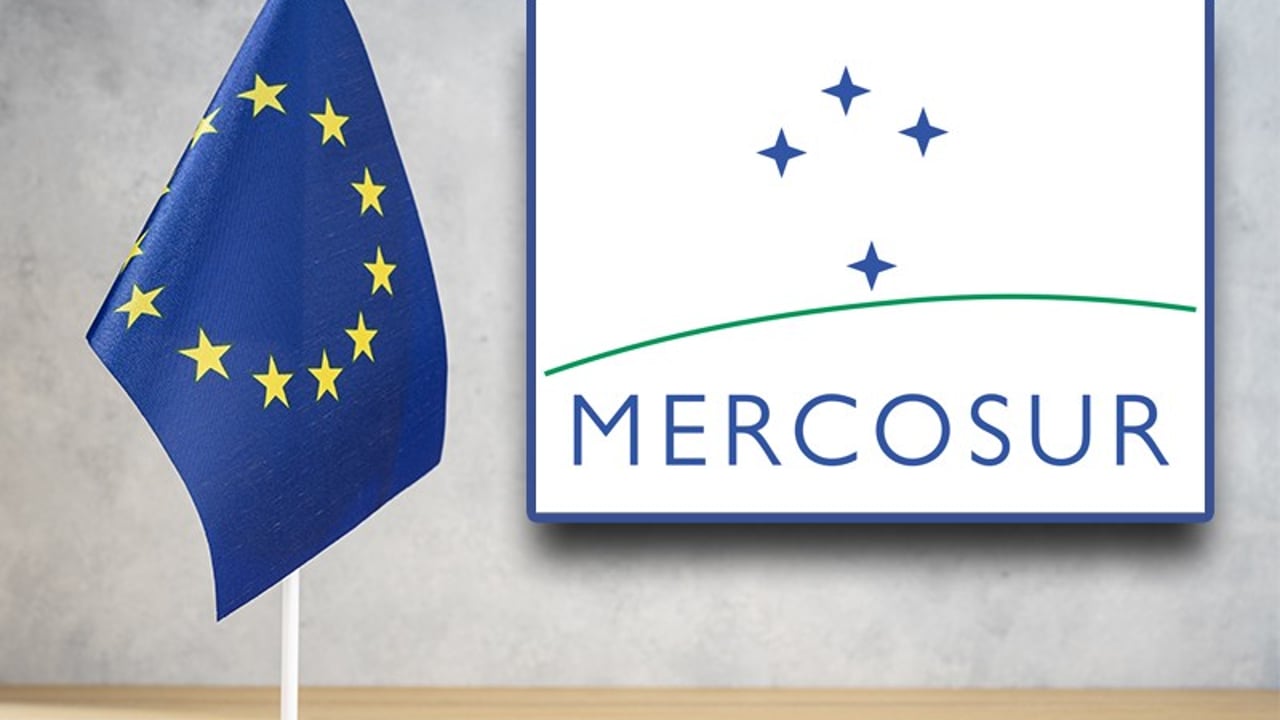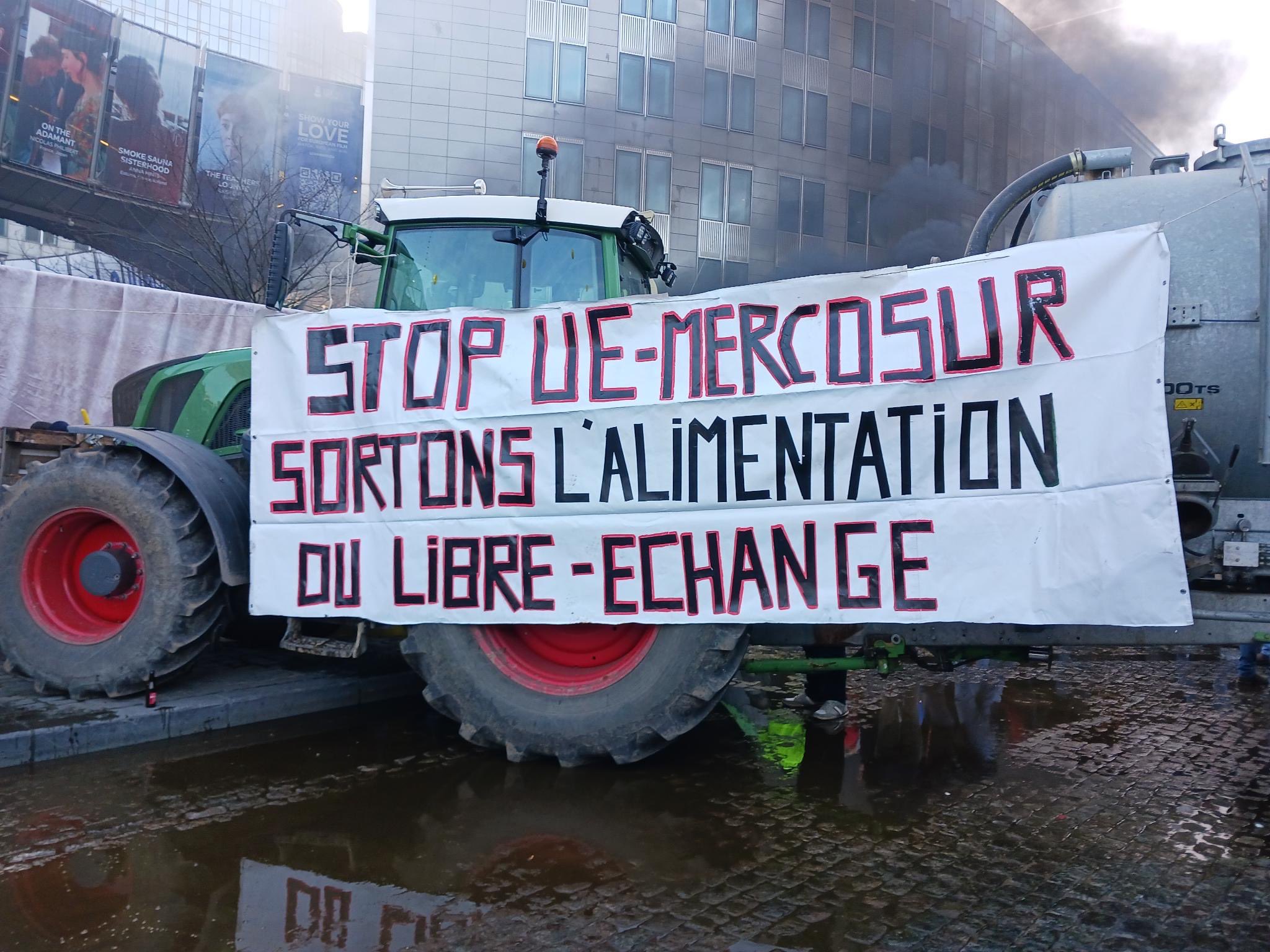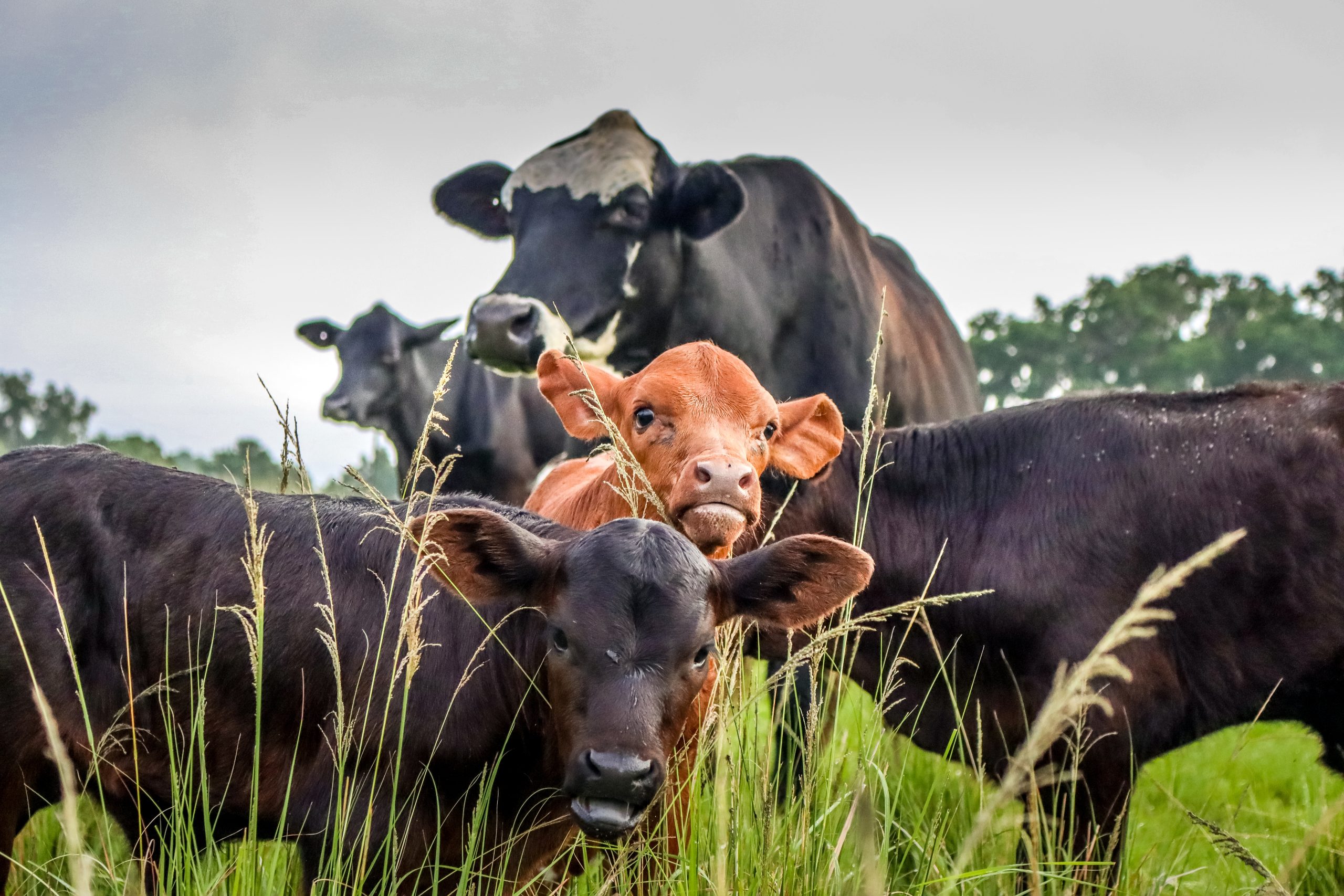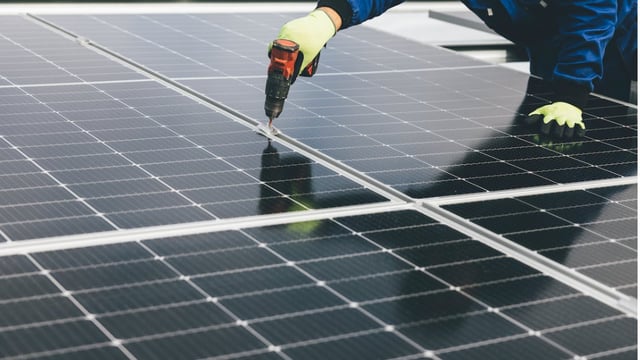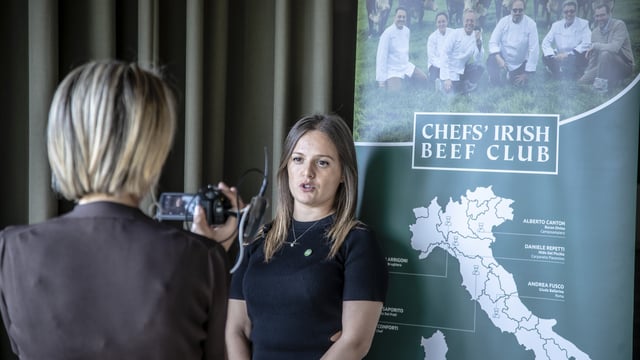EU Commission seeks to ratify Mercosur and Mexico deals
The European Commission has today (Wednesday, September 3) put forward its proposal to ratify the EU-Mercosur Partnership Agreement (EMPA).
The commission is also seeking to ratify the EU-Mexico Modernised Global Agreement (MGA).
According to the commission, the "landmark deals" are a "critical part of the EU's strategy to diversify its trade relations and strengthen economic and political ties with like-minded partners around the world".
The commission said the deals will "create billions of euros worth of export opportunities for EU companies of all sizes", while promoting EU interests and values.
Mercosur
The EU and four Mercosur countries – Argentina, Brazil, Paraguay and Uruguay – reached a political agreement on December 6, 2024 for a partnership agreement, after years of negotiations.
If ratified, the deal will create the world's biggest free trade zone, covering a market of over 700 million consumers.
The EU Commission estimated the agreement can increase EU annual exports to Mercosur by up to 39% (€49 billion), supporting more than 440,000 jobs across Europe.
The deal will reduce duties for EU exports to the Mercosur countries, most notably for cars, machinery and pharmaceuticals.
However, the deal has faced strong criticism from some member states, including Ireland and France, along with farm organisations.
The commission maintains that EU agri-food exports to Mercosur are expected to grow by almost 50%. EU agri-food exports to Mercosur were worth €3.3 billion in 2024.
Under the deal, tariffs would be cut on EU products, such as wine and spirits, chocolate, olive oil.
For some dairy products, zero duties will gradually apply within quotas: cheese (30,000t), milk powder (10,000t) and infant formula (5,000t).
Some 344 products covered by EU Geographical Indications (GIs) will also be protected from imitation by Mercosur countries.
Beef and poultry
The commission said the agreement "does not give duty-free access to Mercosur beef".
It will allow 99,000t of Mercosur beef to enter the EU market with a 7.5% duty. 55% of the quota will consist of fresh or chilled meat and 45% of lower-value frozen meat.
The overall volume represents 1.5% of total European beef production and about 0.6% of Mercosur production.
Under the agreement, the EU will also allow a quota of 180,000t of poultry (1.3% of EU production) to be imported duty-free from Mercosur. This volume will be phased-in over five years.
Mercosur safeguards
The Commission proposes to supplement the agreement with a legal act to cover "bilateral safeguards" under the deal.
"This act, to be adopted by the European Parliament and the Council, aims in particular at protecting EU's crucial and most sensitive agricultural sectors, recognising the concerns of European farmers," the commission said.
The commission will progress steps towards "potential alignment of production standards on pesticides and animal welfare applicable to imported products".
Impact assessments on these issues are also set to be published soon.
The commission stressed that the deal does not modify any EU sanitary and phytosanitary (SPS) import requirements.
"Our food health and safety standards will continue to apply to all products on the EU market – whether produced here or imported," it said.
There will be a "stepping up" of import controls by increasing the number of audits and checks in third countries, and by strengthening controls in the EU.
The commission is also introducing the new "Unity Safety Net" for crisis measures, with a total capacity of €6.3 billion.
"This reinforced support will help safeguard our farmers in times of market disturbances and growing geopolitical uncertainties," it said.
Mexico
The EU-Mexico Modernised Global Agreement (MGA) aims to build on an original agreement dating back to 2000.
Mexico is one of the EU's longest standing trading partners and the second biggest trading partner in Latin America
Under the existing trade deal, the EU exports over €70 billion worth of goods and services to Mexico annually.
As Mexico is a net food importing country, the commission said the agreement will "strongly benefit" EU agriculture exporters.
The modernised agreement will remove remaining tariffs on EU agri-food exports to Mexico, such as cheese, poultry, pork, pasta, apples, jams, chocolate and wine.
Milestones
European Commission President, Ursula von der Leyen, said the agreements with Mercosur and Mexico are "important milestones for the EU's economic future".
"We are continuing to diversify our trade, foster new partnerships and create new business opportunities.
"Once these deals are finalised, EU businesses and the EU agri-food sector will immediately reap the benefits of lower tariffs and lower costs, contributing to economic growth and job creation.
"The EU is already the world's biggest trading block, and these agreements will cement this position," she said.
EU Commissioner for Agriculture and Food Christophe Hansen said he has heard first-hand the concerns of farmers about the EU-Mercosur Partnership Agreement.
"If we look at the facts, this agreement is balanced for the EU agri-food sector. The imports will be limited and our farmers’ interests carefully safeguarded.
"Sensitive products will only come in via calibrated quotas that will be phased-in over several years.
"Our safeguard clause provides an extra safety net for EU farmers who we will continue to support, as we have always done in case of market disturbances.
"Advancing on reciprocity and in the alignment of our production standards is also a very important principle for me," he said.
Both deals will require separate approval by the European Parliament and EU member states before they each can enter into force.
Two Interim Trade Agreements (iTA), one for Mercosur and one for Mexico, are to be adopted through the EU-only ratification process, involving just the parliament and the Council of the EU.
Senior commission officials are currently hoping to secure the ratification of the Mercosur deal by the end of this year. The Mexico deal may take longer.

